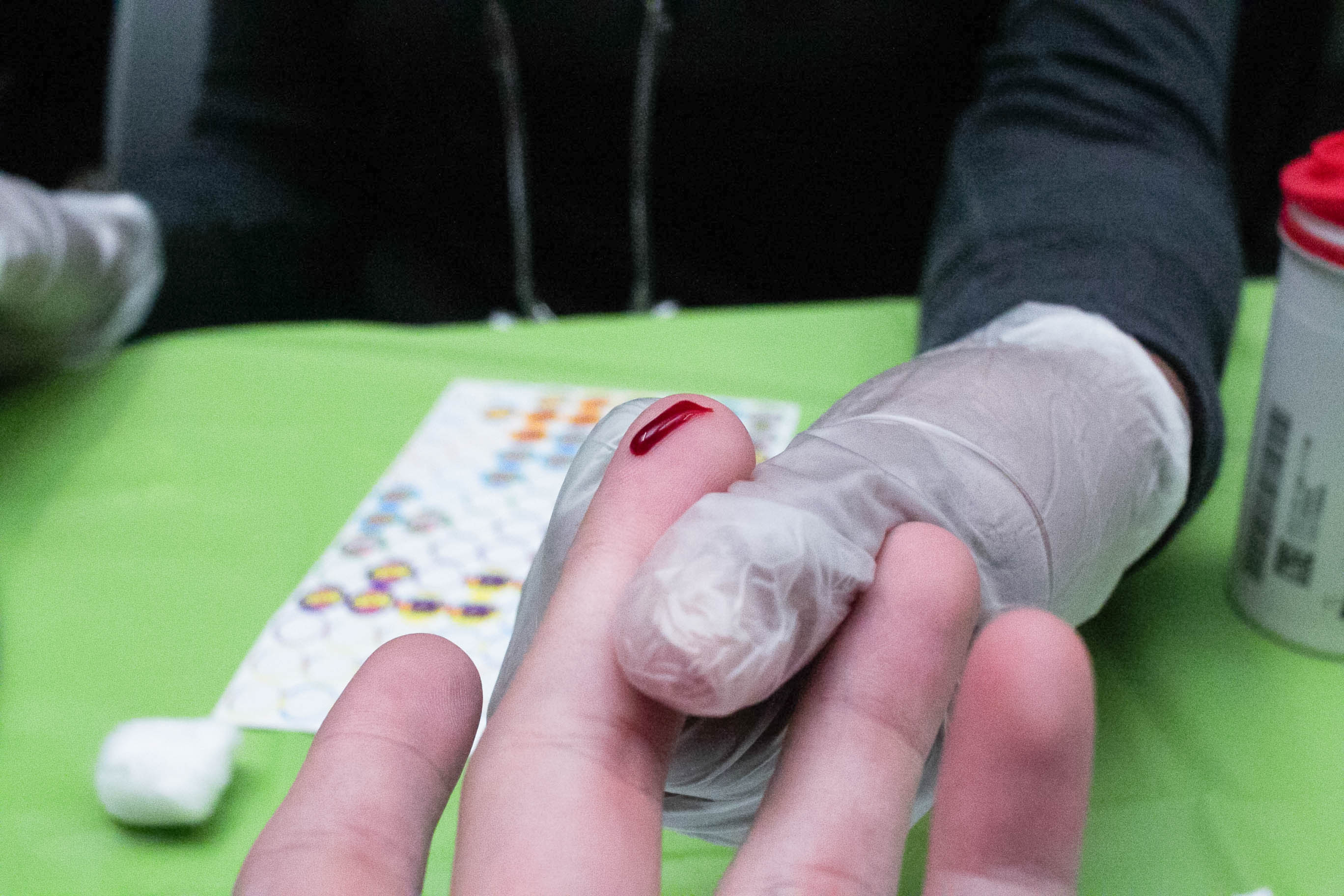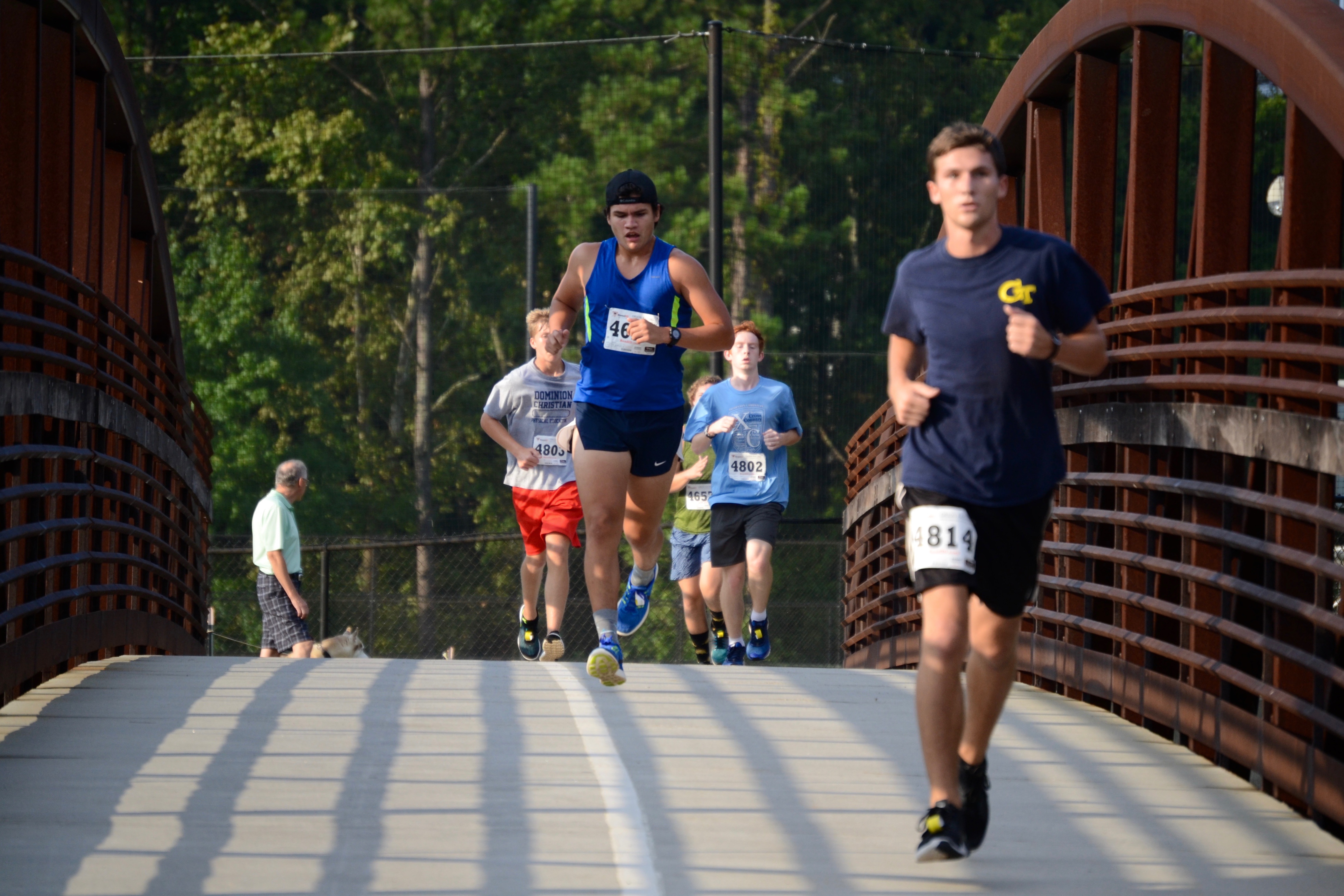The A.L. Burruss Institute of Public Service and Research sent out voluntary email surveys to Kennesaw State students, faculty and staff to determine whether the KSU community supports a campus-wide ban on smoking.
KSU’s current restricted smoking policy permits members of the community to smoke only in designated areas around campus.
The first page of the survey states “the intent of this research is to gather opinions regarding the possibility of making KSU a smoke-free campus.”The survey asks participants if they encounter second-hand smoke on campus and whether they support the idea of a campus-wide ban.
“We currently have 336 completed surveys from faculty members, 691 completed surveys from staff members, and 3536 completed surveys from students,” said Paul Vaughn, Assistant director for Survey Technologies at the Burruss Institute.
According to Vaughn, the Burruss Institute is a research institute within KSU that conducts telephone, email and Internet surveys on behalf of the university and other non- profit entities throughout the state.
Essentially, organizations come to the institute seeking to acquire data. The Burruss Institute then compiles and conducts surveys before analyzing the results.
The principal investigator of the “KSU Smoke-Free Campus Survey” is KSU’s vice president for operations, Dr. Randy Hinds.
His office contacted the Burruss Institute and asked if the institute would be interested in conducting the survey.
“The idea of conducting a survey was the outcome of a meeting between KSU Student Government Association President Rosalyn Hedgepeth and myself,” Hinds said in an email. “The survey will close on April 26 and then an analysis of the data will be conducted.”
He said the university’s smoking policy has been a “perennial topic” for years.
“A substantial effort was made to accommodate both smokers and non-smokers with the construction of designated smoking areas around campus,” he said. “What unfortunately continues to happen, and the number one complaint expressed by students, faculty and staff is that some smokers congregate outside the access doors to the various buildings, creating a gauntlet of smoke to be maneuvered.”
Hinds said that several confrontations have occurred between these smokers and KSU faculty members.
“Any changes to the campus smoking policy will depend on the results of the survey, discussions with the SGA and briefings to the faculty, administrators and staff senates,” Hinds said. “A logical outcome of this process could be redesigning the campus as a smoke-free environment.”
Kenneth White, professor of Political science and Criminal Justice and president-elect of the Faculty Senate thinks the proposed smoking ban is a bad idea.
“As a general rule, prohibition is a bad idea for nearly everything except nuclear bombs,” White said. “If people are currently not smoking in designated zones on campus, then step up enforcement of the current policy. When people break a parking rule, we don’t ban parking.”
Political Science major and non-smoker Lyndsey Perez said the smoke outside the Social Sciences Building sometimes bothers her.
Guillermo Dominguez, a smoker studying International Affairs, said he empathizes with the non-smokers.
“I could see how it would be beneficial to ban it, but at the same time I could see students having a fuss about it,” Dominguez said.
Derek Kleiber, a junior studying Psychology, said he took the smoking survey.
“I think it’s important to have these [smoking] areas,” Kleiber said. “I used to go to Georgia Highlands and they don’t. You’re supposed to smoke in your car. Several times I’d see people sneaking around the building or sneaking onto the roof and it’s much easier with the smoking circles.”
Kleiber said that if KSU implemented a smoking ban, students would probably do it anyway.
The Sentinel will continue to follow the story and report on the results of the campus smoke-free survey after the survey closes and the data has been analyzed.




